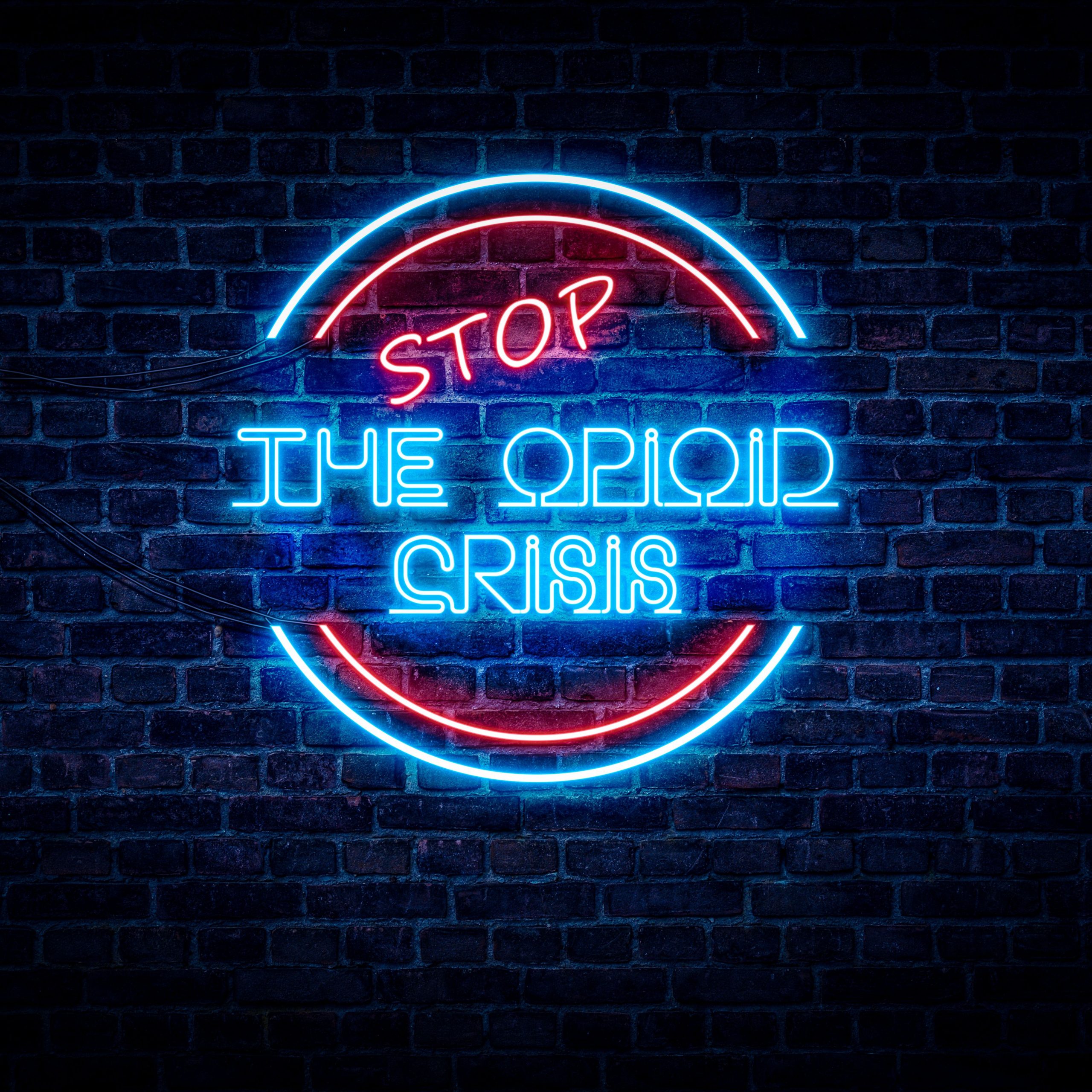Helping Michigan communities determine how to maximize the impact of opioid settlement dollars
In February 2022, the United States reached a $26 billion opioid settlement agreement with the nation’s three largest pharmaceutical companies. Following the agreement, the State of Michigan received an $800 million share of the national opioid settlement. The state received $400 million and the remaining $400 million was distributed across the state for local outreach and prevention measures. In a statement about the settlement, Governor Gretchen Whitmer and Attorney General Dana Nessel, provided a list of initiatives that could be funded by the settlement. The state’s approved initiatives include:
- increasing access to medication-assisted treatment
- expanding treatment for neonatal abstinence syndrome
- bolstering warm handoffs
- improving treatment for incarcerated individuals
- developing prevention programs, and more
But, individual municipalities will need to determine how to use funding to best address community-specific priorities.
The Center for Health and Research Transformation (CHRT) will provide settlement recipient communities across Michigan with information about evidence-based, evidence-informed, and promising best practices for programs to address gaps in care experienced by Michigan residents. CHRT will conduct a comprehensive environmental scan of programs and available data to identify gaps and “pain points” to help municipalities decide how to put the dollars to use. To accomplish this, CHRT will:
- Provide municipalities with information about evidence-based interventions that could be implemented using settlement funds, with a focus on programs that have no other source of funding. This includes primary and secondary prevention programs. For example, treatment and recovery supports could be provided in a recovery support community, including harm reduction services, supportive housing, and jail services.
- Assess current best practices and identify where settlement funds can be maximized for municipalities to enhance and improve existing priorities. This will include, as appropriate, identifying subpopulations not served by current programs and interventions, as well as best practices for filling these gaps.
- Provide local decisionmakers with information regarding the current state of funding for OUD/SUD treatment, including funding from the public behavioral health care system.
- Provide local decisions makers with Michigan’s established criteria for spending settlement funds.
- Partner with Michigan’s research universities, the State of Michigan, and local municipal organizations to coordinate efforts and develop a foundation for a technical assistance infrastructure for local efforts.
The opioid crisis has disproportionately affected Michigan’s Black and African American populations, and this disparity has only worsened during the COVID-19 pandemic. Rural communities are more likely to experience challenges in access to treatment programs and providers compared to more populous communities. In pursuit of equity, CHRT will analyze which population groups have historically received fewer services or have been harder to reach, and help municipalities identify programs to fill those gaps. CHRT will also develop accessible resources to help communities. For example, CHRT may produce resource guides of evidence based-treatment,s case studies that describe relevant scenarios, and a synthesis of ‘pain points’ in programming across Michigan. Resources provided to the selected communities will also be disseminated to additional communities across the state and used as part of the State of Michigan’s plan to develop a technical assistance infrastructure and access subject matter experts from University of Michigan, Wayne State University, and Michigan State University.
